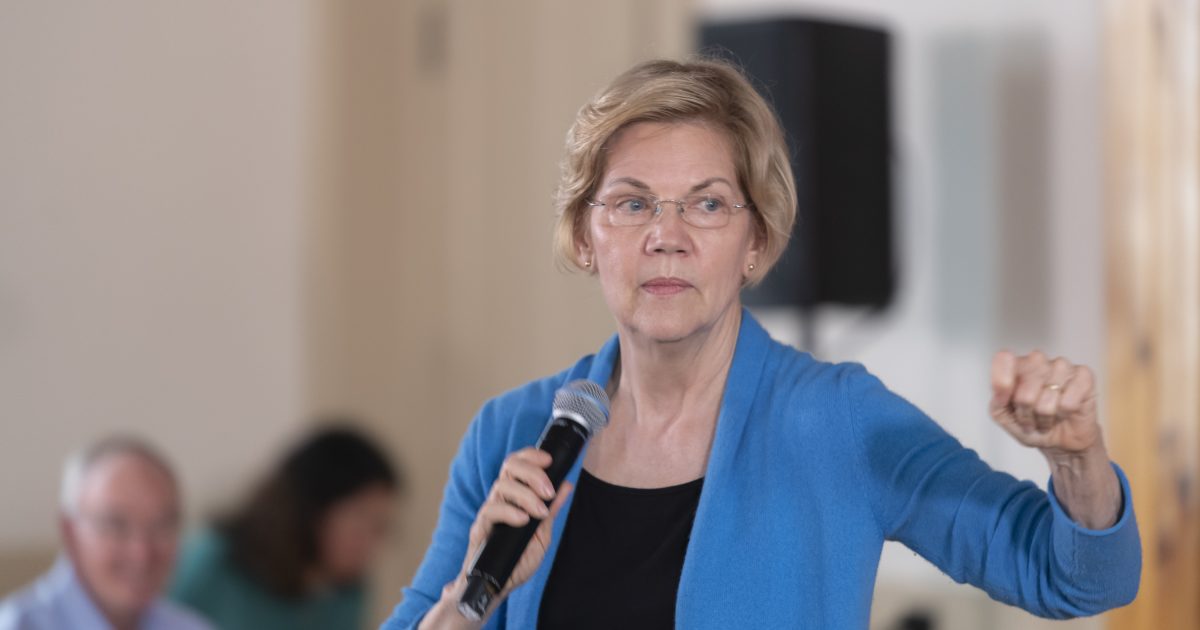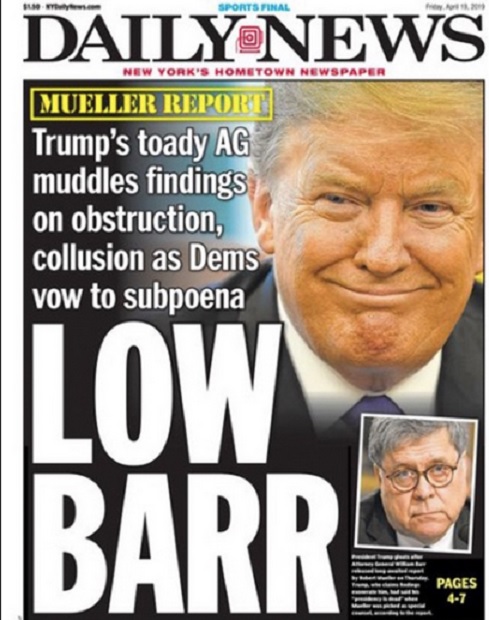
Dear Commons Community,
Sen. Elizabeth Warren, Massachusetts senator and potential Democratic presidential candidate proposed a $1.25-trillion plan yesterday that would cancel most student-loan debt and make every public college free.
The plan, unveiled in a blog post, would cancel up to $50,000 each in student-loan debt for 42 million Americans, wiping it out entirely for three-quarters of those borrowers.
It would also allow any American to attend a two- or four-year public college “without paying a dime in tuition or fees,” Warren’s post said.
The senator dismissed as “nonsense” complaints that her plan, which would cost an estimated $1.25 trillion over 10 years, was unaffordable. The cost would be more than covered, she wrote, by what she called an “ultra-millionaire tax,” a 2-percent annual tax on the 75,000 families in the United States worth at least $50 million. As reported in The Chronicle of Higher Education:
“The plan, which was welcomed by supporters as a bold move to eliminate crushing debts holding many families back, was criticized by others as a waste of money that subsidizes people who can afford to pay for college.
Warren said her plan would help reduce inequities of wealth between white and minority families. It would do that, in part, by canceling at least a portion of the debt of more than 95 percent of the nearly 45 million Americans who owe money on student loans, she said.
Warren added that her plan would stimulate economic growth and allow more people to buy homes and start small businesses. “Once we’ve cleared out the debt that’s holding down an entire generation of Americans,” she wrote, “we must ensure that we never have another student debt crisis again.”
The debt burden, Warren wrote, is a result of the government’s consistently putting the interests of wealthy people ahead of those of working families.
“Policy makers stood by as state after state pulled back on investments in public higher education and sent tuition soaring,” she wrote. “They stood by as for-profit colleges exploded, luring in students with false promises and loading them up with debt as their executives and investors raked in billions in taxpayer dollars. They stood by as employers demanded higher credentials while offloading the cost of getting those credentials onto workers.”
At a time when American families have more than $1.5 trillion in student-loan debt, the movement for some form of free college, which was pushed into the background after President Trump was elected, is once again picking up steam.
Democratic candidates have been staking out proposals; some would limit free tuition to two-year colleges or impose income limitations, while others would cover living expenses as well as tuition and fees.
…
Warren’s proposal drew mixed reviews on social media.
Mark Huelsman, a senior policy analyst at Demos, a left-leaning think tank, tweeted that Warren’s proposal would help ensure that the nontuition costs that create the biggest barriers for low-income students would be covered.
Donald E. Heller, provost at the University of San Francisco, criticized the plan on Twitter: “One of the worst #HigherEd financing proposals ever — millions of people would enjoy a huge consumer surplus they don’t need or deserve. Hopefully the other Dem candidates will do better.”
It would make more sense, Heller said in an interview yesterday, to use existing mechanisms like Pell Grants, which are based on financial need, to expand support for students. “But to sit here and allow the children of rich kids to go to the University of Michigan or the University of Virginia for free is absolutely ridiculous,” he said.
…
Sara Goldrick-Rab, a professor of higher-education policy and sociology at Temple University who has long championed free college, said it was wrong to consider tuition breaks to wealthier students as giveaways. They’re simply a political necessity, she wrote in an email.
“A former community-college student struggling with $5,000 in debt while raising two kids will get a smaller amount of debt forgiven under this program than a former Penn student now employed who might have $50,000 paid off,” she wrote, “but make no mistake about it, it will change the life of that former CC student and her kids, and not change the life of the Penn student nearly as much.
“But we won’t be able to get the former CC student loan forgiveness (or free tuition) without helping her wealthier counterparts,” she wrote.
Tiffany Jones, director of higher-education policy at the Education Trust, said that while the price tag on the Warren proposal is steep, “I don’t think you can touch issues of affordability and student success on the cheap, which is what a lot of people have tried to do.”
Pete Boyle, a spokesman for the National Association of Independent Colleges and Universities, said private colleges weren’t the only ones that could suffer under Warren’s proposal. State colleges in New England and other regions that rely on out-of-staters would lose those students if they could stay in their home states and attend college free, he said.
A spokeswoman for the American Association of Colleges and Universities called the proposal a “bold, far-reaching effort to make college more affordable,” but added that the association would “need to carefully examine the implications of such a plan.”
Warren’s proposal is interesting and raises the ante on college affordabilty.
Tony











